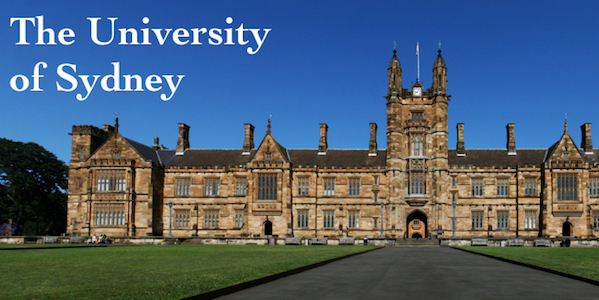 Christians love to say and sing the words “Jesus is Lord,” because the phrase is a summary statement of biblical faith. It affirms not only that there is a God, but that the Person of Christ, has visited Earth as Jesus, the Son of Man, and has sacrificed Himself for the sins of the world (John 3:16-17). “Jesus is Lord” is also a basic affirmation of Christ’s exclusive authority over all things on Earth, as He affirmed: “All authority in heaven and on earth has been given to me” (Matthew 28:18; cf. Philippians 2:9-11). To say that “Jesus is Lord” is to imply that Hindu and Buddhist gods have no authority, that Muhammed has no authority, and that no other supposed gods have authority.
Christians love to say and sing the words “Jesus is Lord,” because the phrase is a summary statement of biblical faith. It affirms not only that there is a God, but that the Person of Christ, has visited Earth as Jesus, the Son of Man, and has sacrificed Himself for the sins of the world (John 3:16-17). “Jesus is Lord” is also a basic affirmation of Christ’s exclusive authority over all things on Earth, as He affirmed: “All authority in heaven and on earth has been given to me” (Matthew 28:18; cf. Philippians 2:9-11). To say that “Jesus is Lord” is to imply that Hindu and Buddhist gods have no authority, that Muhammed has no authority, and that no other supposed gods have authority.
“Jesus is Lord” is a short, simple, beautiful phrase. It contains the basic content of the confession that everyone makes in obeying the gospel (Romans 1:9; cf. 1 Corinthians 12:3). And yet, this phrase is becoming more controversial.
The Sydney Morning Herald reports that the student union of the University of Sydney, in Australia, has threatened to revoke its recognition from one particular religious student group, because the religious group centers around Jesus. Since 1998, the religious group has required its members to sign that they believe “Jesus is Lord.” This policy has offended the student union, which now threatens to deprive the religious group of access to university facilities and membership fees. Ironically, the union is using anti-discrimination policies in order to discriminate against the more than 200 students who require belief in Jesus for membership in their religious group.
In the early Christian centuries, many lost their lives because they were committed to the reality that “Jesus is Lord.” Stephen, the first Christian martyr, accused the murderous Jews of killing “The Righteous One,” Jesus, and they stoned him for it (Acts 7:52-60). Polycarp, a personal friend and pupil of the apostle John, was martyred after refusing to deny Christ. He famously said, “Eighty-six years have I have served him, and he has done me no wrong. How can I blaspheme my King and my Savior?” ((Philip Schaff, A History of the Christian Church (New York: Charles Scribner’s Sons, 1891), 2:52)).
As culture becomes more secular, it will be more controversial to sweeten our lips with the name of Christ. Nevertheless, we will never stop confessing our Savior (Matthew 10:32-33).